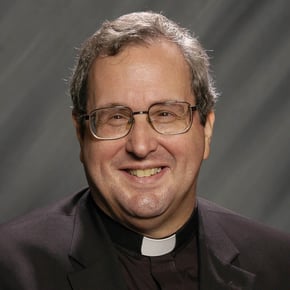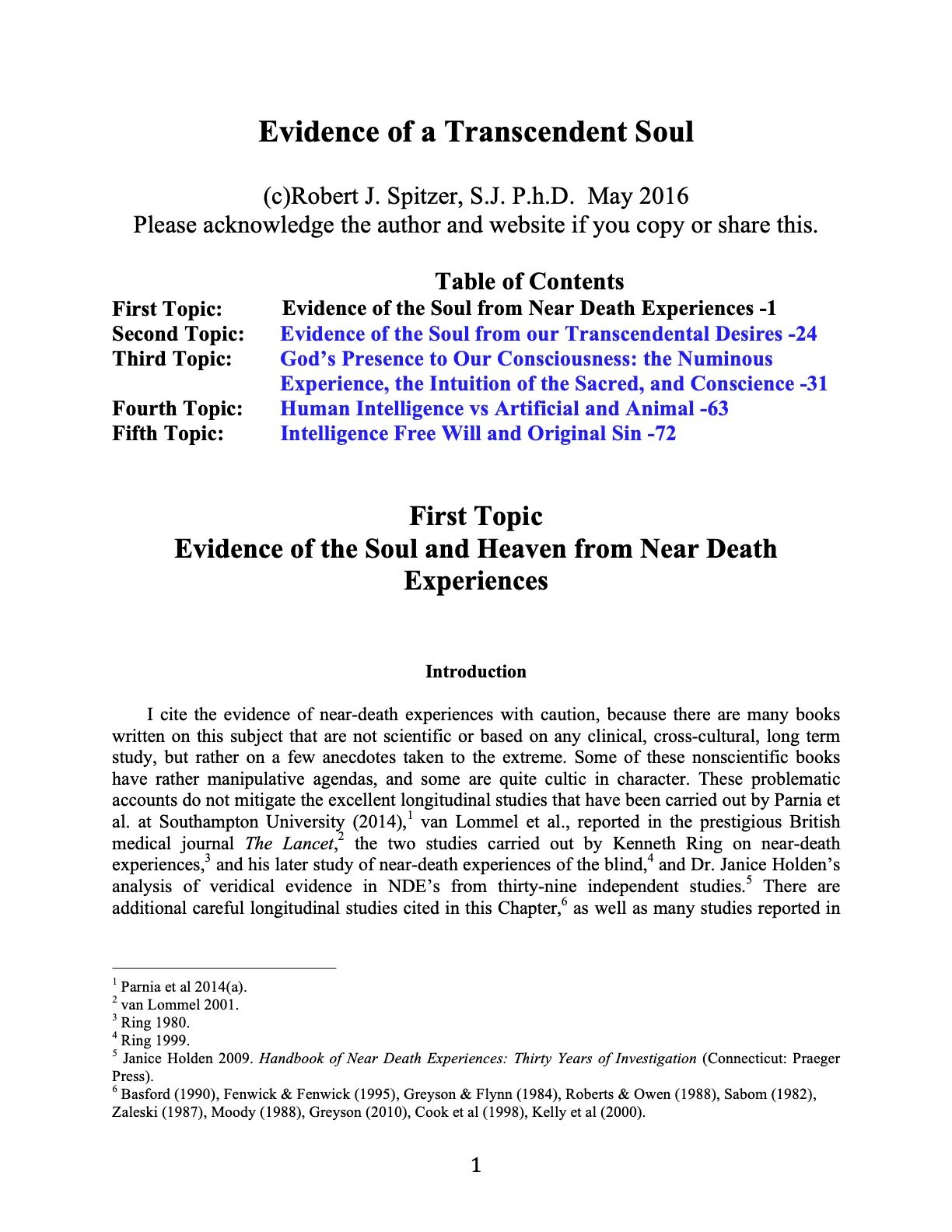What if your true self isn’t limited to your body or your brain, but reaches into something eternal and infinite? The idea of the transcendent soul invites us into this deeper exploration. It suggests that our consciousness, identity, and purpose go far beyond the material world.
More than just a philosophical idea, the transcendent soul helps explain our deepest desires—for truth, love, justice, and meaning. It connects ancient wisdom with modern science and spirituality, offering a powerful lens through which to view our lives.
In this post, we’ll explore what the transcendent soul is, where the evidence for it comes from, and why this concept can reshape the way we live, love, and grow.
Understanding the Concept of the Transcendent Soul
The transcendent soul refers to the part of us that surpasses physical reality—our essence that exists beyond the limits of the body and brain. Unlike consciousness, which depends on physical processes, the transcendent soul is believed to originate from a higher, spiritual plane.
This soul is uniquely human, enabling capacities that artificial intelligence and animals do not possess. It allows us to reflect, create, love deeply, and seek something more. Over the centuries, philosophers, theologians, and scientists alike have asked: What exactly is this “something more”?
Drawing from experiences like near-death accounts, self-awareness, and deep existential longing, the concept of the transcendent soul suggests that we are spiritual beings living a human experience, not the other way around.
Evidence from Near-Death Experiences
One of the most intriguing supports for the transcendent soul comes from near-death experiences (NDEs). Across cultures and time periods, people who have been clinically dead often report surprisingly similar experiences: leaving their body, encountering a radiant light, feeling overwhelming peace, or even meeting loved ones who have passed.
Dr. Pim van Lommel, Dr. Kenneth Ring, and Dr. Sam Parnia are among the many researchers who have studied NDEs scientifically. Their findings show that people sometimes report vivid, conscious experiences during periods when brain activity was absent, challenging the idea that consciousness is purely physical.
These reports hint at the possibility of a soul that not only survives bodily death but also exists on a transcendent level, connected to something eternal and divine.
The Role of Transcendental Desires in Spiritual Awareness
All humans share certain deep desires—longings for perfect truth, unconditional love, ultimate justice, beauty, and a true sense of home. These transcendental desires aren’t easily explained by biology or survival. Instead, they seem to point us toward something—or someone—greater than ourselves.
Why do we long for perfect love when no human relationship can fully satisfy? Why do we keep pursuing justice, even when the world remains broken? These questions reveal a hunger within the soul that can’t be fulfilled by material things alone.
This longing, many believe, comes from the transcendent soul—our inner compass that yearns for union with the divine, for meaning beyond the temporary, and for fulfillment that can only come from something eternal.
Self-Consciousness and the Hard Problem of Consciousness
One of the clearest signs of a transcendent soul is our capacity for self-consciousness—the ability to think about our thoughts, to ask “Why am I here?” or “What is my purpose?”
This self-reflective awareness creates what philosopher David Chalmers calls “the hard problem of consciousness.” Why do we feel anything at all? How can subjective experience emerge from physical matter?
Despite advances in AI and neuroscience, no theory fully explains human consciousness. Machines can process data, but they do not experience wonder, regret, awe, or hope. This mystery points toward a non-material origin of consciousness—a transcendent soul that makes us aware, creative, and spiritually awake.
The Unique Capacities of the Human Soul
The transcendent soul gives rise to several uniquely human traits that set us apart from machines or animals:
-
Self-Consciousness: Our inner life, our ability to reflect and choose, reveals a deep spiritual dimension.
-
Conceptual Thinking: We understand symbols, imagine futures, and communicate abstract ideas.
-
Desire for the Infinite: We yearn for perfect truth, love, justice, beauty, and an eternal home.
-
Spiritual Longing: We’re drawn to sacredness, mystery, and often a divine presence.
-
Empathy and Morality: We love sacrificially, we forgive, and we recognize the worth of others.
-
Free Will: We choose not only what’s useful, but what’s right, beautiful, and meaningful.
These capacities suggest a soul made for something more—a transcendent soul reaching toward a reality beyond this one.
Implications for Our Spiritual and Daily Lives
Believing in the transcendent soul can completely transform how we live. It reminds us that life is more than survival or success. It’s about connection, growth, and becoming the fullest version of who we’re meant to be.
This perspective encourages us to see ourselves—and others—not just as physical beings, but as spiritual ones. It deepens our relationships, gives us purpose in our work, and strengthens our inner life.
Most importantly, the idea of the transcendent soul offers hope. Hope that death is not the end. Hope that love, truth, and beauty are real and eternal. Hope that our deepest longings are not in vain but are invitations to a greater reality waiting to be discovered.
Embracing the Transcendent Soul
To embrace the transcendent soul is to embrace our true nature. It’s an invitation to live consciously, lovingly, and courageously—knowing that we are more than matter, and destined for more than this world alone.
The transcendent soul calls us to seek what is real, eternal, and divine. It invites us to live with compassion, purpose, and deep spiritual joy.
So whether through quiet reflection, spiritual practice, or simple acts of love—listen to the voice of your soul. It’s leading you somewhere higher.
Read the full article:
Originally published on August 2, 2010.


